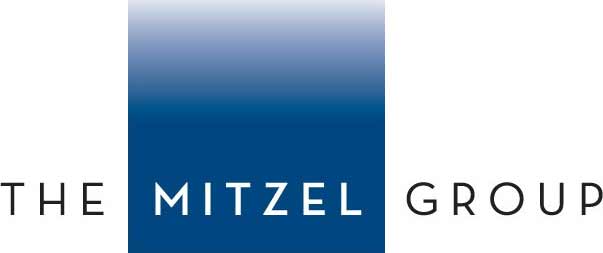August 6, 2014
Effective August 13, 2014, San Francisco private employers with 20 or more employees will be prohibited from inquiring into an applicant’s criminal history on a job application or in a live interview. Employers may only make criminal history inquiries after an initial interview or with a conditional offer of employment but even then must comply with limitations.
This ordinance, known as the Fair Chance Ordinance, applies to those companies with 20 or more employees, wherever located, but the restrictions are limited to employees who perform all or most of their work within San Francisco city limits. These employers are now prohibited from using the following criminal history at any stage in the hiring process:
- Arrests not leading to convictions (though employers may obtain and consider current pending arrests).
- Participation in or completion of a diversion or a deferral of judgment program.
- Convictions that have been judicially dismissed, expunged, or voided.
- Juvenile convictions.
- Convictions that are more than seven years old—the date of conviction being the date of sentencing.
- Information pertaining to an offense other than a felony or misdemeanor, such as an infraction.
Employers may consider any other criminal history information outside of this list under limited circumstances. Specifically, the employer may never inquire into the job applicant’s criminal history on an employment application or during an initial interview. After the first interview, employers may then inquire into the allowable criminal history and unresolved arrests. However, even that information may only be considered in the hiring process if it directly relates to the applicant’s ability to do the job. If an employer decides not to hire the person based on their criminal history, he or she must follow a variety of steps, including notifying the applicant of the fact as well as giving that person time to respond.
The ordinance also imposes a few other requirements, including that job postings may not advertise that those with an arrest or conviction will not be considered for employment or may not apply for employment. Postings must also explicitly state that employers will consider qualified applicants with a criminal history.
Additionally, employers must retain all records related to the hiring process for three (3) years. Employers must post a notice informing both candidates and employees of their rights under the ordinance. This notice must be posted in a conspicuous place and provided to all employees or job applicants before a background check is procured.
The ordinance does not create a private right of action for employees. The consequences for non-compliance, however, could be significant. Penalties can include back pay and up to $50 per employee for each day a violation occurred. Employers in violation of the ordinance may also be required to pay attorneys’ fees and costs. Alternatively, the OLSE may pursue administrative enforcement. There will be a grace period during the first 12 months after the ordinance becomes effective in which employers will only be warned of their failure to comply and offered assistance with compliance. However, after that, employers may be fined up to $50 per employee for a second violation and up to $100 per employee for each violation thereafter.
How Does this Affect Your Business?
Employers will need to take a variety of steps to ensure compliance with the Fair Chance Ordinance. First, all employers should make sure that their job applications and hiring procedures meet the requirements of the ordinance. Second, employers must post the required OLSE Notice. Third, all employers should create proper procedures in line with the ordinance in the event that an employer decides not to hire an applicant based on his or her criminal history.
If you have any questions regarding compliance with San Francisco’s Fair Chance Ordinance please contact us at info@mitzelgroup.comor reach out to your Mitzel Group, LLP attorney directly.

